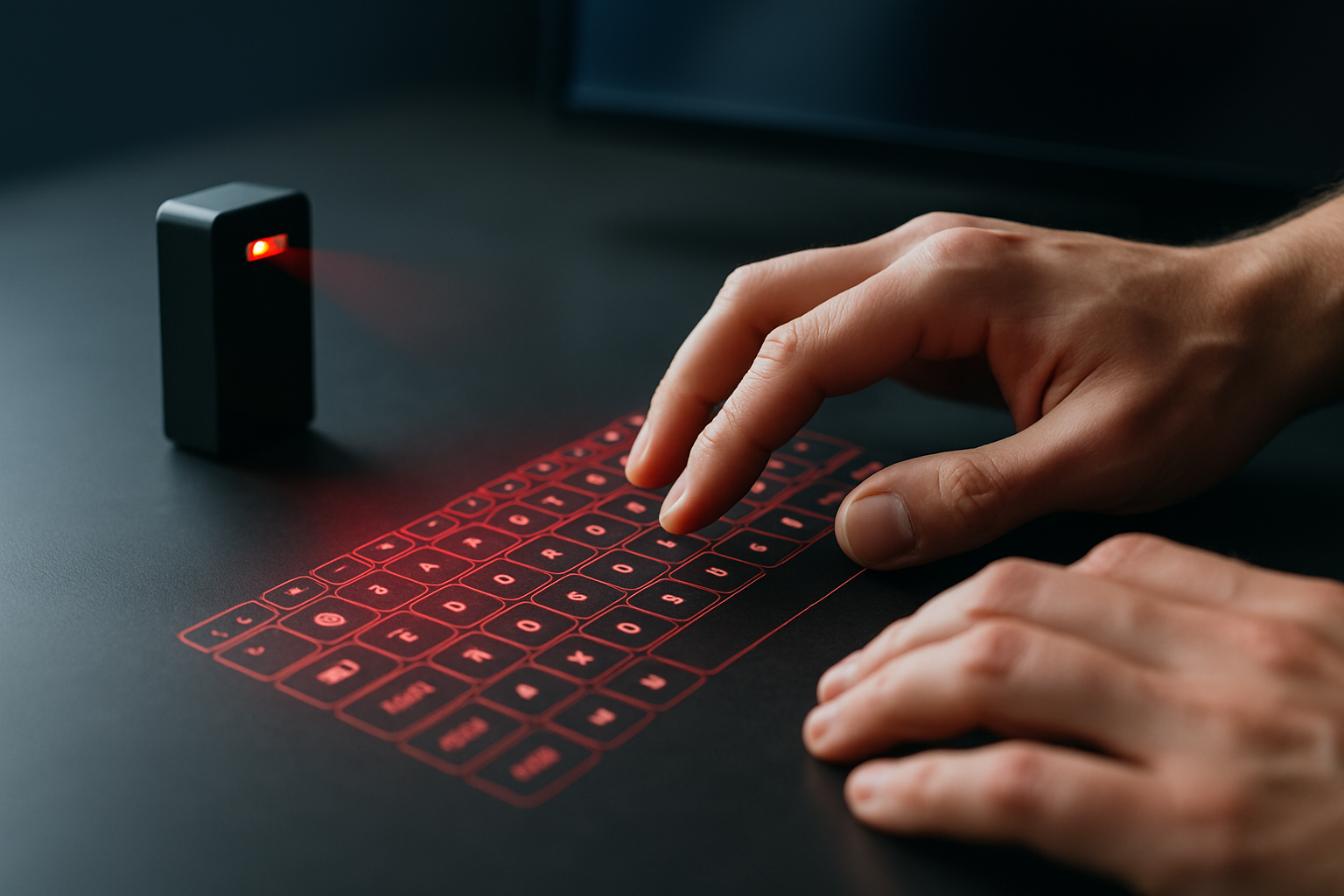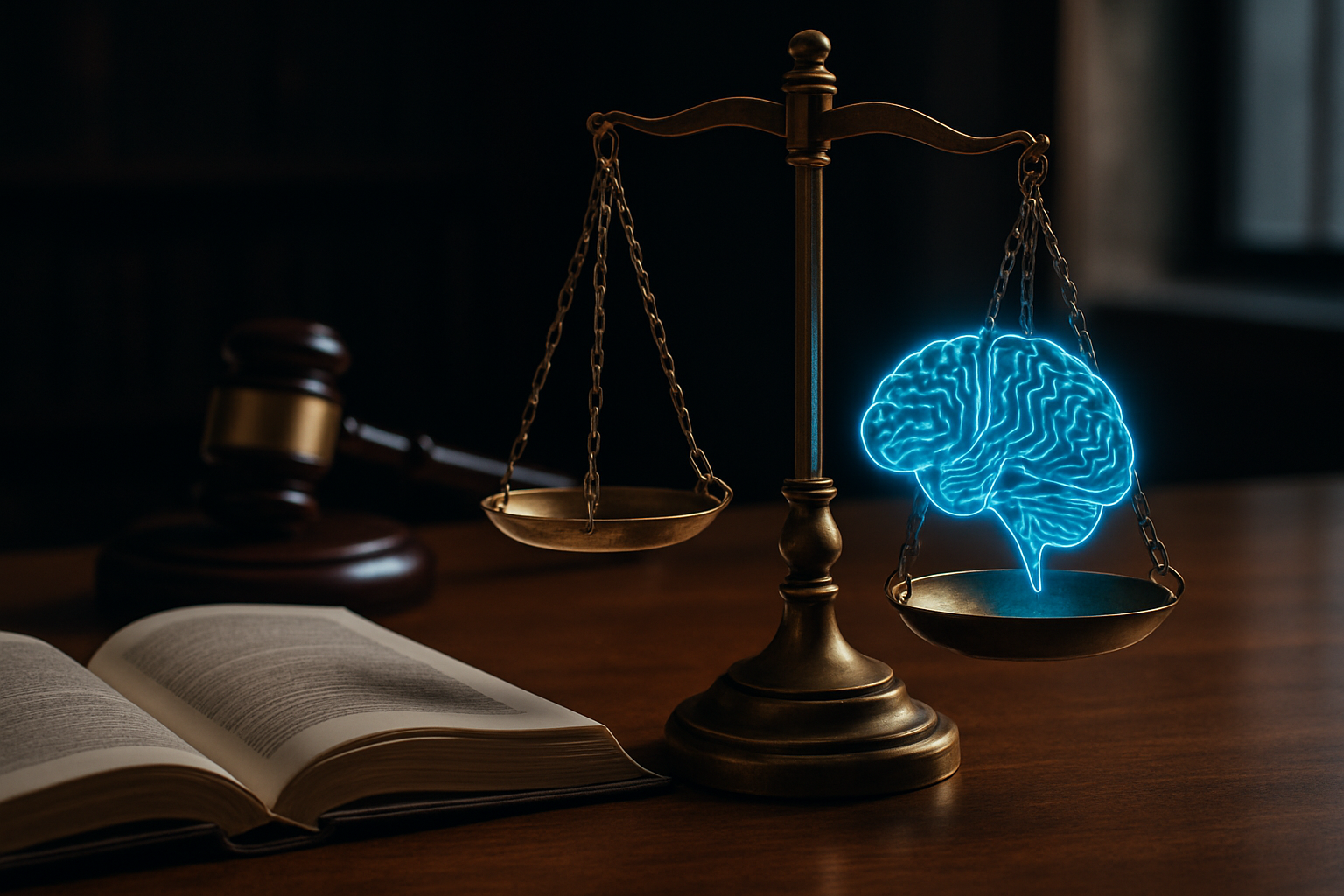Decentralized Autonomous Organizations: Redefining Corporate Governance
The intersection of blockchain technology and business management has given rise to a revolutionary concept: Decentralized Autonomous Organizations (DAOs). These entities operate without traditional hierarchical structures, instead relying on smart contracts and community governance. As businesses seek innovative ways to streamline operations and enhance stakeholder engagement, DAOs emerge as a radical reimagining of organizational design and decision-making processes.

The Genesis of DAOs
The concept of DAOs emerged in the wake of blockchain technology’s rise to prominence. Inspired by the decentralized nature of cryptocurrencies, early proponents envisioned organizations that could operate autonomously, guided by predetermined rules encoded in smart contracts. The first notable DAO was launched on the Ethereum blockchain in 2016, raising millions in crowdfunding before a critical vulnerability led to its downfall.
Despite this setback, the core principles behind DAOs continued to evolve. Today, DAOs represent a diverse ecosystem of projects spanning various sectors, from decentralized finance (DeFi) to social impact initiatives. The fundamental appeal lies in their ability to create flat, transparent organizations where decision-making power is distributed among stakeholders rather than concentrated in the hands of a few executives.
Governance Mechanisms in DAOs
At the heart of every DAO is its governance mechanism. Unlike traditional corporations where decisions flow top-down, DAOs employ a bottom-up approach. Stakeholders, typically token holders, have the ability to propose and vote on key decisions affecting the organization. This democratic process is facilitated through blockchain-based voting systems, ensuring transparency and immutability of results.
Governance tokens play a crucial role in this ecosystem. These digital assets represent voting power within the DAO, with holders often able to delegate their votes to other members they trust. This system of liquid democracy allows for more nuanced representation of stakeholder interests and can lead to more informed decision-making.
Operational Efficiency and Automation
One of the most compelling aspects of DAOs is their potential for operational efficiency. By leveraging smart contracts, many routine processes can be automated, reducing the need for intermediaries and minimizing administrative overhead. For instance, fund allocation, payroll management, and even complex financial operations can be executed automatically based on predefined conditions and community-approved parameters.
This level of automation not only reduces costs but also enhances transparency. All transactions and decisions are recorded on the blockchain, creating an immutable audit trail accessible to all stakeholders. This unprecedented level of transparency can significantly reduce the risk of fraud and mismanagement, issues that have plagued traditional corporate structures for decades.
Challenges and Limitations
While the potential of DAOs is significant, they are not without challenges. Legal recognition remains a gray area in many jurisdictions, posing obstacles for DAOs seeking to engage in formal business activities. The lack of a centralized leadership structure can also lead to decision-making inefficiencies, particularly in scenarios requiring rapid response to market changes or crises.
Security concerns also loom large. The immutable nature of blockchain transactions means that errors or vulnerabilities in smart contract code can have severe consequences, as demonstrated by the 2016 DAO hack. Ensuring robust security measures and thorough code audits is crucial for the long-term viability of DAOs.
Industry Applications and Case Studies
Despite these challenges, DAOs are finding applications across various industries. In the realm of venture capital, DAOs are democratizing investment decisions, allowing a community of token holders to collectively decide on funding allocations. This model has the potential to disrupt traditional VC structures by providing broader access to investment opportunities and reducing bias in funding decisions.
In the creative industries, DAOs are enabling new forms of collective ownership and profit-sharing. For example, PleasrDAO, a collective of digital art enthusiasts, has used the DAO model to acquire and fractionalize ownership of high-value NFTs, allowing broader participation in the art market.
Key Considerations for Implementing DAOs
-
Conduct thorough legal research to understand regulatory implications in relevant jurisdictions
-
Invest in robust smart contract development and auditing to mitigate security risks
-
Design governance mechanisms that balance efficiency with broad stakeholder participation
-
Develop clear communication channels and educational resources for community members
-
Implement safeguards against potential manipulation of voting systems
As the business world continues to grapple with issues of transparency, stakeholder engagement, and operational efficiency, DAOs offer a compelling alternative to traditional corporate structures. By leveraging blockchain technology and community-driven governance, these organizations have the potential to redefine how we think about business management and decision-making processes. While challenges remain, the growing ecosystem of successful DAOs across various industries suggests that this innovative organizational model is here to stay, paving the way for a more democratic and transparent future in corporate governance.





